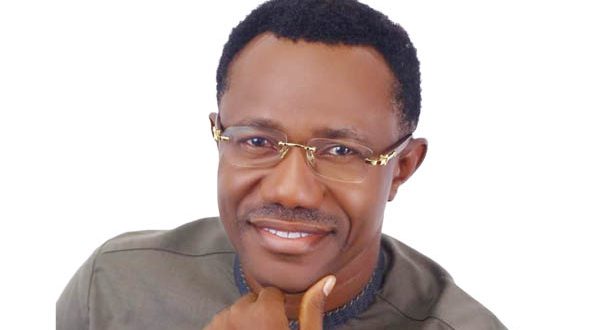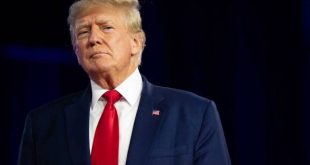Barrister Cyprian Ikwot, a legal practitioner, human rights activist, and National President of Conscience Group International, shares insights with PAULINUS NTA on President Tinubu’s first year in office, the push for local government autonomy, and the issue of minimum wage for workers.
It’s one year into the administration of President Tinubu, how would you assess his democratic profile?
President Tinubu is a product of democracy, but he failed Nigerians on arrival by announcing the removal of fuel subsidy without consulting stakeholders in that sector. That’s an affront to democracy. The president should have worked on fixing the refineries and studying the intended and unintended consequences of fuel subsidy removal. I do not see any reasonable trend of democracy because the civilian government, or what we call democracy is committing the same crime against humanity, that is making decisions without consulting the people, at least stakeholders.
Nigerian workers are demanding an increase in their wages. What’s your take on this?
As a Nigerian who has witnessed a period of abysmal decay of the Nigerian economy, even as our lawmakers are ranked about the highest paid in the world, I support the labour for increased wages in the face of the current economic reality. It is morally, and socially disheartening to hear the Federal Government offer to pay family owners a paltry sixty-four thousand. It expresses its banal insensitivity and zero interest in the well-being of its citizens. The civil service is the engine room of the government. They formulate and implement government policies. Any sensible government that means well for the country, cannot relegate its workers to the background. The Federal Government should slice off the cost of governance and raise the financial profile of civil servants. If the Federal Government of Nigeria is sincere and means well for Nigeria, it should pay its workers like politicians, otherwise, they are deceiving Nigerians.
What is your take on the current battle for local government autonomy?
When we discuss Nigerian society, we are not necessarily discussing Abuja and the federal secretariat or high government quarters. We are referring to the Nigerian villages, the locals, the hinterlands, and rural communities. These communities fall under the residual stratum in a federation. For Nigerians who were mature in the 1980s and 1990s, we can see the difference between the local government systems in the past and the present. You will agree with me that the local government system has taken a downward trajectory in the past two decades. State governors have been accused of sitting on local government allocations, the reason for excess desperation and unhealthy intergovernmental interference. A couple of years ago, I granted an interview to a regional newspaper, where I said categorically that state governors are the problems of development in Nigeria. Today, I’ve been vindicated. By taking local government autonomy to court, state governors have proved to the world that they are feasting on the ruins of the local government system. The only way to revive and reset the objectives of the local government system is to grant autonomy and cause state governors to leave local government allocations.
The electoral process and umpires are the regulators of democracy, how would you assess the contributions of Nigeria’s electoral process in the development of Nigeria’s democracy?
I don’t just have to grade, I will simply state without any fear of contradiction, that Nigeria’s electoral commissions are the problems of democracy in Nigeria. They are always accused of paving the way for mediocrity and unpopular candidates to occupy sensitive public offices, a situation that accounts for a free fall of our economy, even in the abundance of rich mineral resources. Remember during the buildup to the last elections, the same INEC told Nigerians that the next elections will be done through electronic voting. They promised that Nigeria’s vote would count, but in the end, the story remained the same and here we are at the crossroads. We are displaced by political cluelessness and leadership failure. This would not happen if we had credible, transparent electoral processes.
Political intolerance has also constituted impediments to successful democracy. How would you describe President Tinubu’s on this?
Mr President has not performed badly in the area of political tolerance. He has appointed non-members of his party into his government. Tinubu is running an all-inclusive government. Even when labour began to strike, he did not victimise them, not even his political adversaries. The only appeal I have in this regard is that Mr President should grant a pardon and secure the release of journalists in detention. The press is the oxygen of democracy, therefore detaining journalists will suffocate our democracy.
Do you think Nigeria will come crisis currently bedeviling?
If something drastic and urgent is not done, Nigeria’s economy will collapse completely in the next eight years. If by today, fuel is sold at almost a thousand, then in eight years, it will be sold at eight thousand naira. The government should apply flexible administrative strategies because a rigid leadership style always collapses in the face of unexpected challenges.
 National Telescope national telescope newspaper
National Telescope national telescope newspaper




